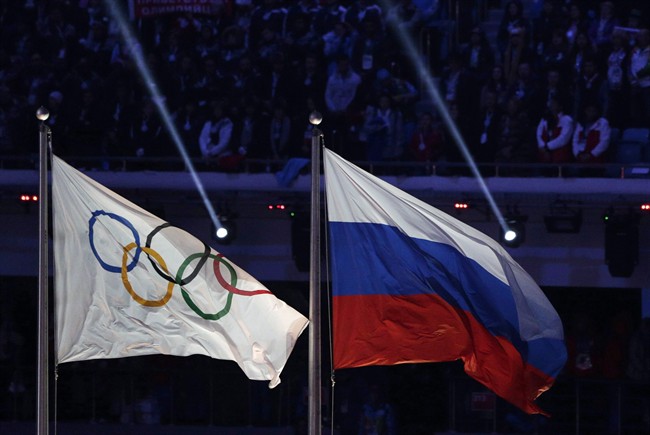The International Olympic Committee got it right, but Tuesday’s decision to ban Russia from competing in the Olympics should have been made years ago.

There will be no sign of Russia at the 2018 Pyeongchang Games, except for Russian athletes who pass strict anti-doping conditions.
They will be allowed to compete as neutrals, described as an “Olympic Athlete from Russia” — OAR for short.
The “clean” Russians will not be accompanied by their country’s flag and the Russian anthem will not be played should they win a gold medal.
The severe penalty follows the explosive McLaren Report in 2016, by Canadian lawyer Richard McLaren, who investigated a state-sponsored doping program in Russia for the World Anti-Doping Agency.
Russia has denied the existence of such a program, instead blaming a rogue scientist.
The country’s doping scandal first came to light in 2014 and former WADA president Dick Pound, another Canadian, led an independent commission that confirmed Russian athletes paid government officials for banned substances and covering up any positive tests.
I applaud the IOC on its decision, but the McLaren Report came out before the 2016 Summer Olympics and Russia was still allowed to participate.
The report did prompt the International Athletics Federation to ban Russian track and field athletes from the Rio Games and the IOC should have made it a Russian sweep.
This ban is an utter embarrassment for Russia, a once-proud sporting nation that will forever, and always, be remembered as cheaters.








Comments